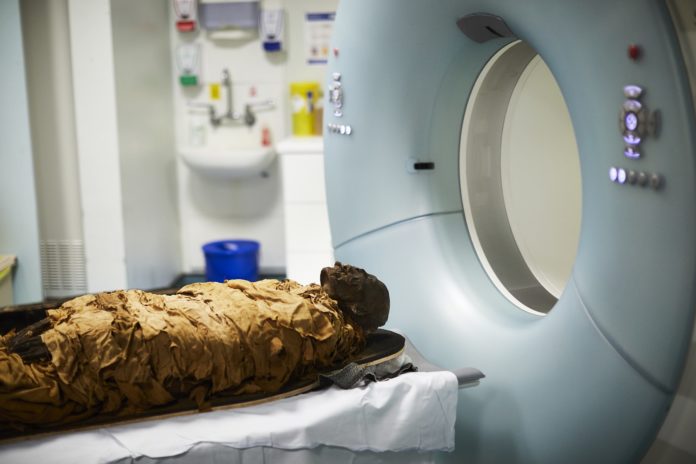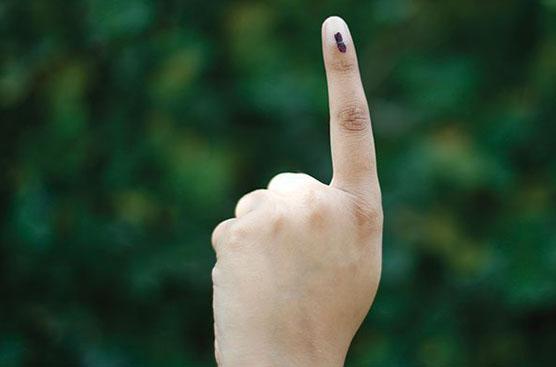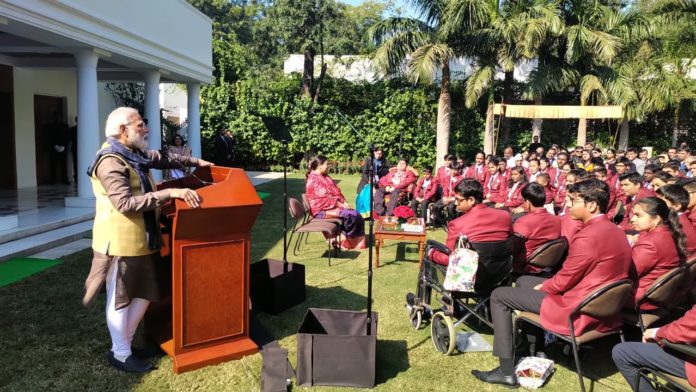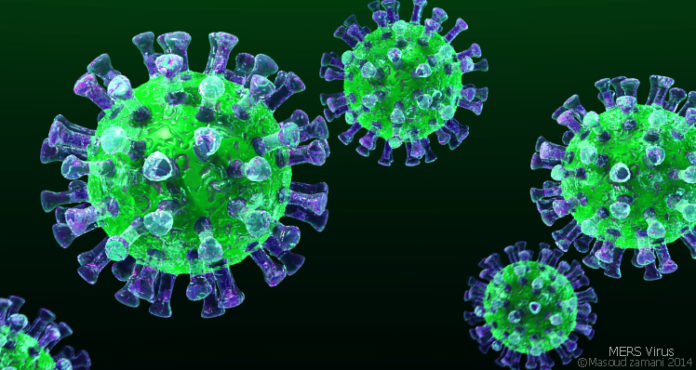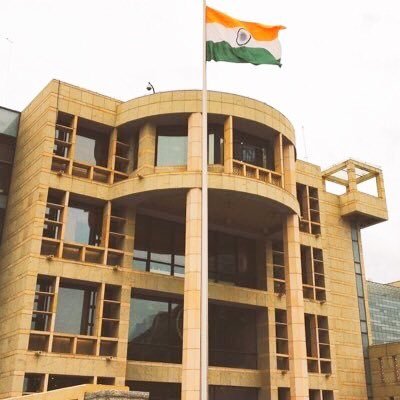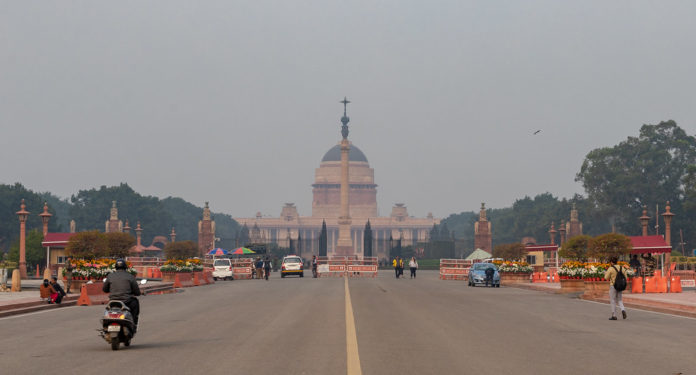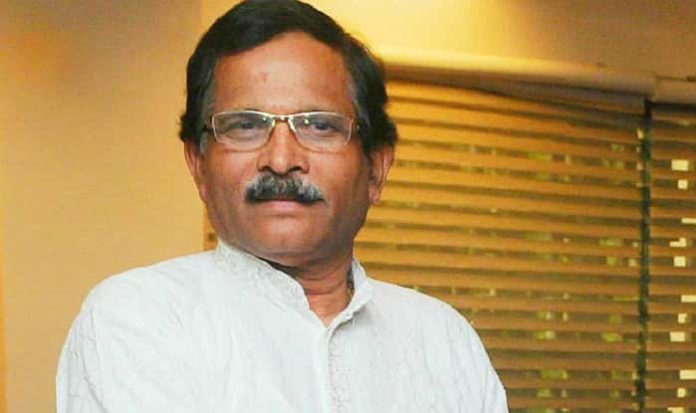New Delhi (NVI): The voice of an ancient Egyptian priest, Nesyamun, has been heard for the first time in more than 3,000 years, thanks to a detailed reconstruction of his vocal tract from his mummified remains.
In life, Nesyamun was an Egyptian priest who sang and chanted words of worship at the Karnak temple in Thebes. In death, he was ritually mummified and sealed in a coffin with the inscription “Nesyamun, true of voice.” Now, some 3,000 years into the afterlife and with the aid of a 3-D-printed vocal tract, Nesyamun can once again be heard, says a report by The New York Times.
David Howard and his team used interior medical scans of the famous mummy — now resting in the Leeds City Museum in the United Kingdom — to create a digital, 3D model of the insides of the individual’s throat and mouth, which were reproduced on a 3D printer, the NYT reported.
The 3D-printed vocal tract was then combined with an artificial larynx to recreate a single sound from Nesyamun’s voice — a sound not heard since the 11th century B.C.
“The priest had this wish that his voice would somehow continue into perpetuity,” said Howard, a speech scientist at Royal Holloway, University of London.
The team has synthesized only a single sound from the mummy, which resembles the “ah” and “eh” vowel sounds heard in the words “bad” and “bed.”
It is believed to be the first project of its kind to successfully recreate the voice of a dead person through artificial means. In the future, the researchers hope to use computer models to recreate full sentences in Nesyamun’s voice.
But determining how Nesyamun’s voice sounded was complicated by the position of the head of his mummy and its deterioration over time, the researchers said.
Previous efforts to reproduce ancient voices could only approximate them, by animating facial reconstructions with software. In comparison, the sound of Nesyamun’s voice is based on “an extant vocal tract preserved over three millennia,” the researchers wrote.
“The actual mummification process was key here,” said Joann Fletcher, an Egyptologist at the University of York in England and an author on the paper. “The superb quality of preservation achieved by the ancient embalmers meant that Nesyamun’s vocal tract is still in excellent shape.”
David Howard said that in the future the team could modify the computer software to approximate elements such as the size and movement of the tongue and the position of the jaw.
Before examining the mummy, the researchers had to deal with ethical concerns related to examining a person without their consent. They used nondestructive research methods, and took into account inscriptions on his coffin, relating that Nesyamun hoped again to “to address the gods as he had in his working life.”
The researchers interpreted that to indicate his desire to speak again after death. “We are in a way fulfilling his declared wishes,” Howard said.
Howard and Schofield said they hope a reconstruction of Nesyamun’s speech, perhaps reciting an ancient Egyptian prayer, can be featured at the Karnak temple in Egypt for modern tourists.

